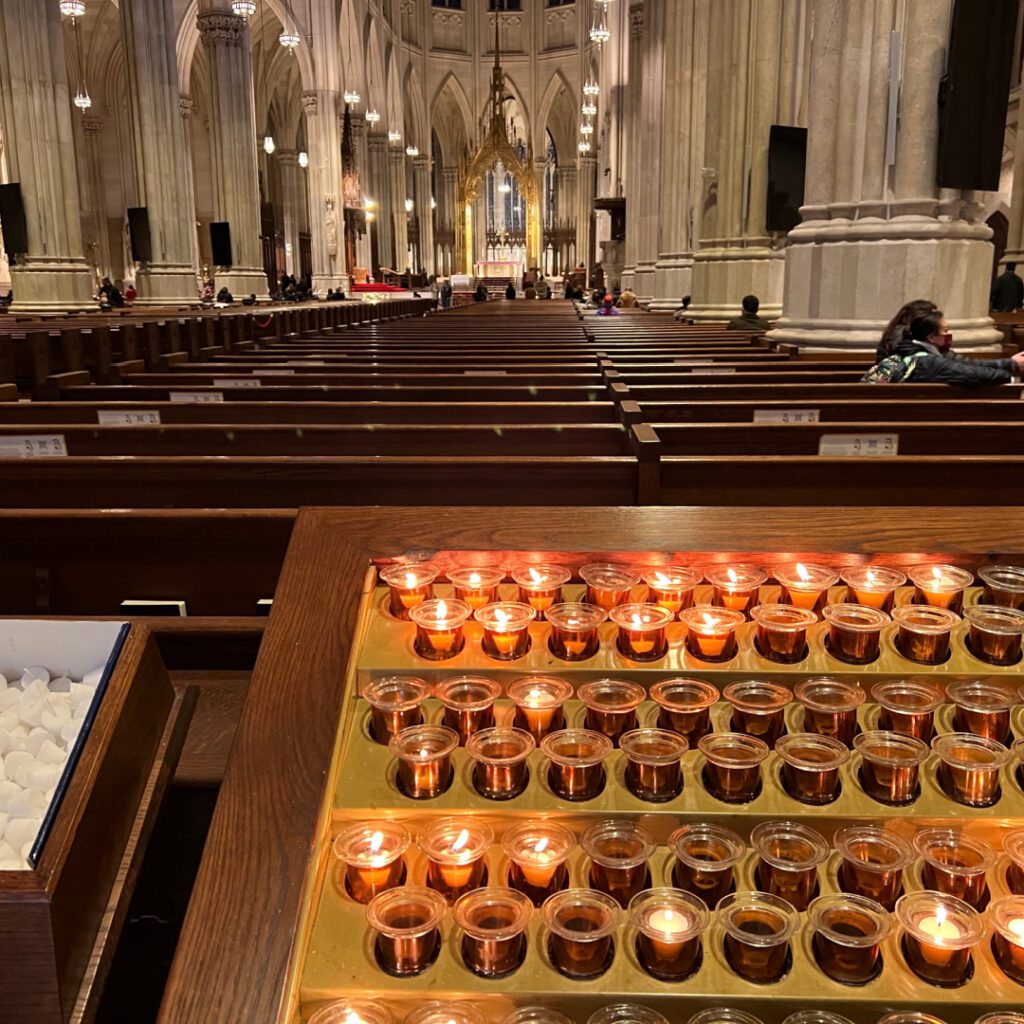
On the road for six hours, I’d finally come to rest on a feather soft bed in a fancy New York hotel room a half a mile above the city streets. A hotel porter brings something my husband asked for and smiles when he sees me resting there. He looks out the broad windows with the sun beaming in and says, “Why would anyone want to go to war?” Those poor people in Ukraine, what can they do?
There is a no more dramatic scenario for potential losses or a stronger opportunity to practice
the art of grieving than when a nation is at war. There’s the interruption of one’s plans and loss of what one had wanted their life to be about, the loss of a way of life, a need to flee a home for safety, a need to leave friends, a business, family members–all with the extreme uncertainty as to whether any of this will ever return. Worldwide currently there are at least four border clashes, insurgences, and crises causing people to emigrate as refugees to different countries, challenging other countries to accommodate large numbers of immigrants in a relatively short period of time.
“I’ve been in this country 55 years,” the porter tells us, reminding us that the invasion of Kiev thousands of miles and many continents away is not far from many people’s minds as they go about their business-as-usual days. Our technologies have brought us a close in seat to what’s happening most anywhere in the Global Village, and like I learned when a dozen women came to my online self-care class on Tuesday – most of us know someone who knows someone who lives quite close to the action. Though it disturbs our peace, it’s probably a good thing since bullies, thugs, and thieves are in every county, and the bell that’s tolling for this country could well be tolling for our own.
“This is the greatest country in the world, he says, proud of his good fortune in becoming a citizen here in the United States. If there is a gift in connecting with those who are being victimized in this war, it is the gratitude that missiles are not currently being lobed at buildings in our own communities. Those who have lived through other wars know that that there are things we cannot ignore and things we must do. We call it “dancing on behalf of” those suffering such challenges to their peace and sanity. On this Wednesday, Christians visit their churches to receive on their foreheads, the ashes that remind us of the longer story – “We are dust, and to dust we will return.” My husband and I see the people coming out of nearby St. Patrick’s church marked by those ashes. We enter the church and light a candle for the people of Ukraine, and for all those who hunger for peace and justice and whose homeland is being threatened by war. Following the lighting of candles, we must act to bring relief, send money for food, blankets, medicine, and make sure our country does all it can to support those working to create a lasting peace.

